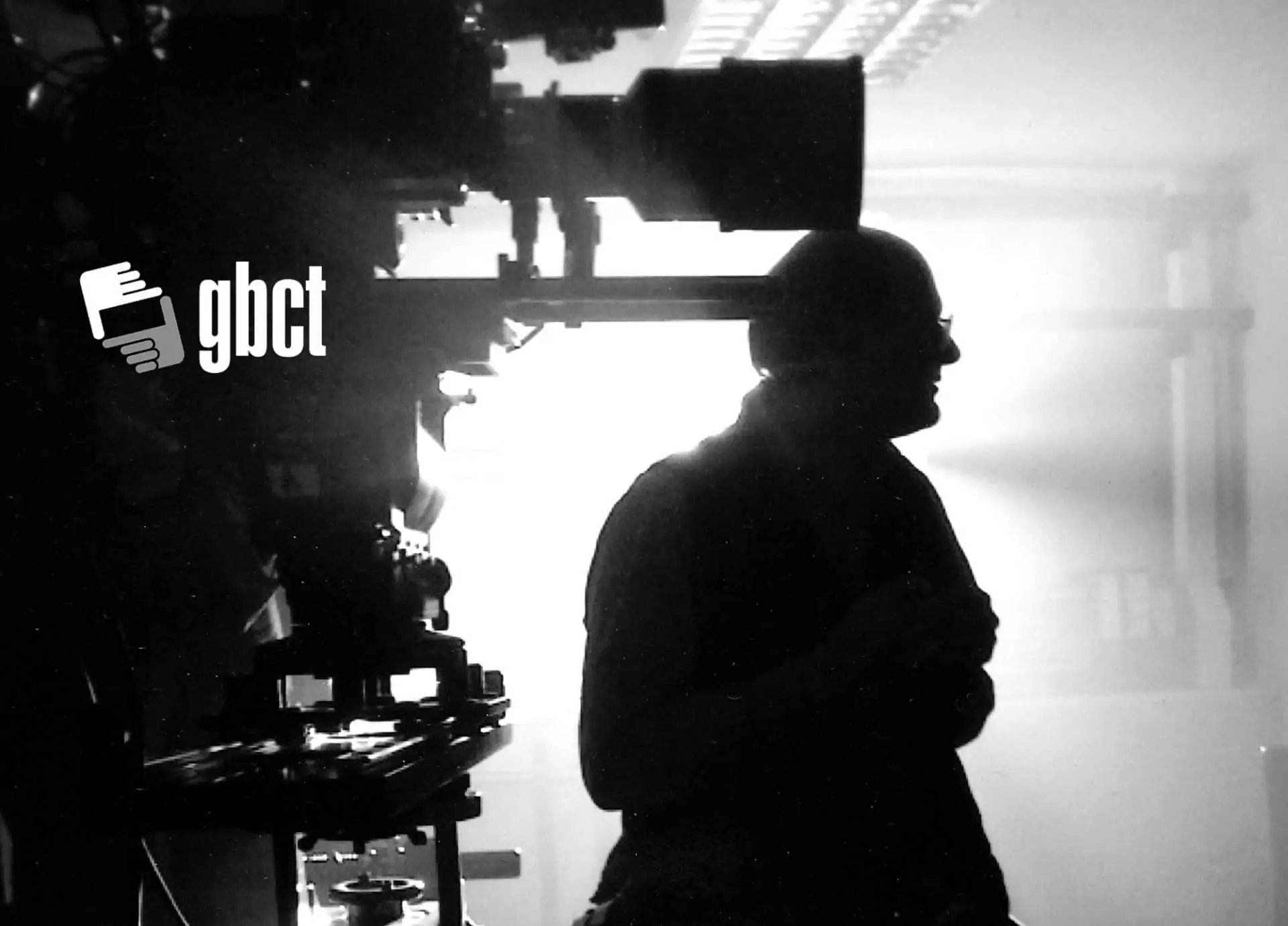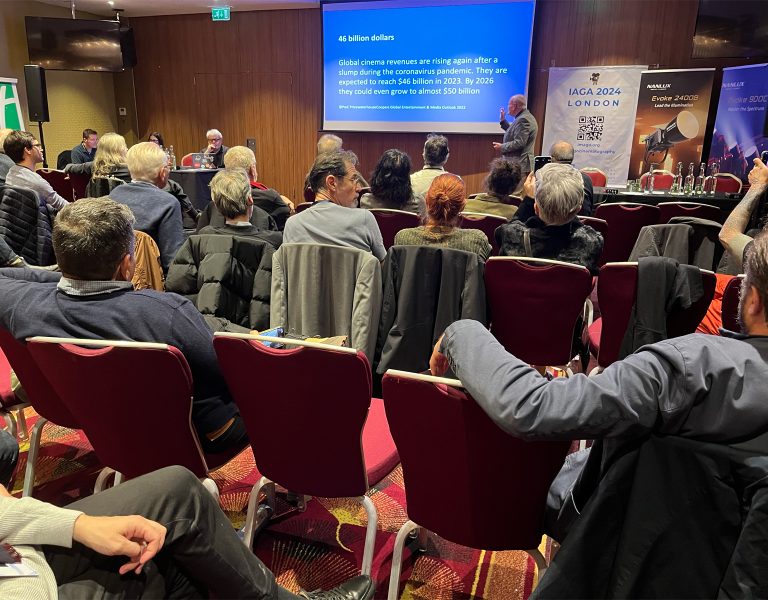
EXAMINING THE IMPACT
Signs of life never truly went away. The first three months of lockdown 2020 did close production but not the planning for the future. Scripts could be written, and pre-production management could all be done by home working. When that lockdown lifted, productions tentatively started. Production continued into the second lockdown under strict conditions.
The prospect of conditions easing as summer 2021 unfolds are giving many optimism for the latter half of the year. Now that we are well into the effects of the pandemic it is possible to take a first look at its long-term effects.
Until more detailed production figures are available, it is easiest to look at the financial side of things to get a view on the consequences of last year. The small number of high budget US cinema productions have continued shooting after the initial hiatus. Production was not at the level of 2019, but it still held up to a good two thirds of that level. The somewhat success story for last year was the level of high-end television drama that managed to dip by only a little more than a tenth. A level that now puts that sector in pole position above cinema films. The introduction of the tax breaks in this area in 2013 have been a major influence.
The distribution end of the business has led into two distinct paths. Broadcast and streaming services have been making hay while the population has been forcibly relegated to the sofa. It will be some time before profit reporting shows us just how well they have done. All of them are showing signs of increased revenue and subscription. Many of the films destined for the big screen have been diverted to the small screen without too great a deleterious effect. The other path has been untrodden by the cinemas who, after a brief venture into socially distanced screening in the autumn, have remained shut. The sight of a cinema with two out of every three seats physically removed did not help. Between the first three months of the year and the reduced autumn, the ticket revenue fell to about a quarter of the previous year’s total. A difficult situation to survive.
When the pandemic first started to bite, there was a real prospect that the majority of the population might have no income and television running out of content because they would soon be running on back catalogues. When confronted with the possibility of a populous with no money and no TV, the wiser heads in government saw the very real recipe for widespread civil unrest and acted accordingly. The government has tried to keep some individuals’ heads above water with the furlough and SEISS (Self-Employed Income Support Scheme) schemes, but many have fallen through the cracks due to narrowly drawn criteria. The provision of new content for broadcasting and streaming has been kept going by a dispensation to work under strict conditions set out by the British Film Commission. For most people this has worked, but for those who did lose out on the financial support schemes, times are becoming very difficult.
In a business where you are hired in a sporadic manner, many found that they were not on any company’s books on the crucial date to qualify for furlough payments. For those self-employed workers who have to supplement their industry income with other PAYE income, many have not met the 50% self-employed floor to qualify for SEISS. If these workers cannot get meaningful work before they go bust, they will have to look to other industries for their future and the film and television industry will be the looser. This inadequate situation has shown up the structural problems in not just our industry but in the tax status regime. As far as the tax man is concerned, you are either employed or not. No ifs, no buts, no halfway house. Other countries have varying responses to this conundrum, but at least they have tried to address the anomalies.
What this country desperately needs is a category of worker whose work schedule is sporadic and intermittent. This should not include those who do piece work for a single engaging entity (the gig economy) but should cover those who genuinely offer their services to multiple engagers who use their individual expertise. A three-layer tax status regime is desperately needed. This is the only way that an economy based on Norman Tebbitt’s bicycle can run. The post war consensus (of a stable workforce, adequately paid) was ripped to shreds by Norman and his cronies. The short-term nature of employment, income decreasing against inflation, lesser job security and poorer working conditions are all the end game of the philosophy that was hidden behind the front of monetarism. We are now in the world that Thatcherism wanted. If we don’t act now, it will be our future.
BY: Tim Potter, CHAIR, GBCT





















